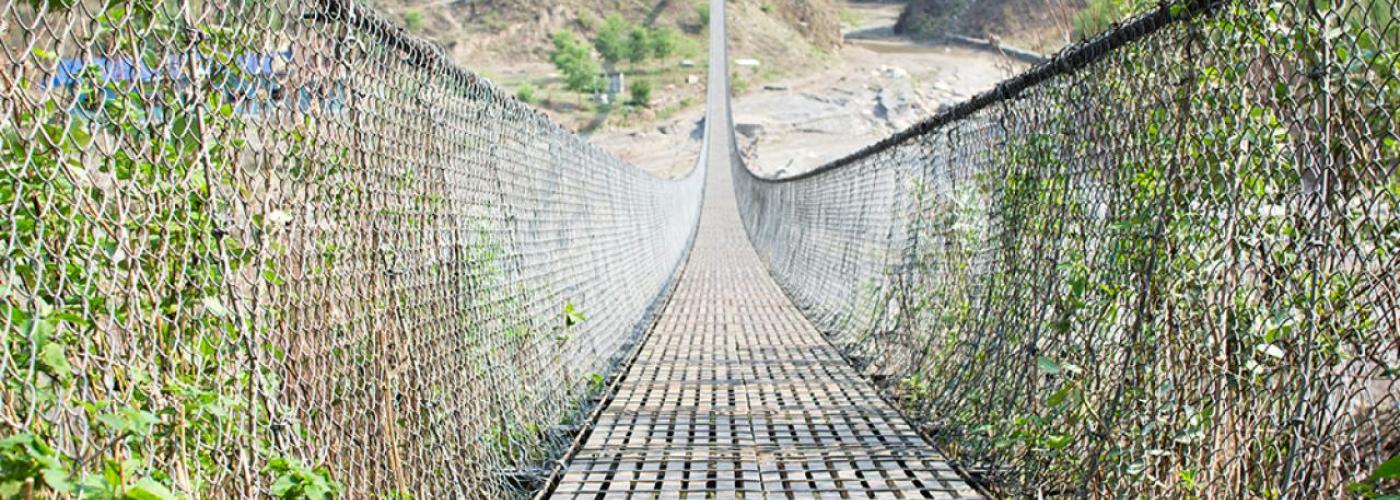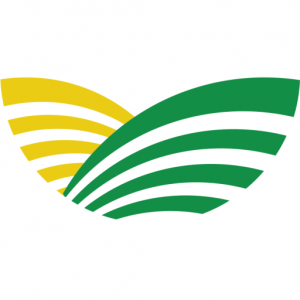USAID and UC Davis to Establish World's First Index Insurance Quality Certification in East Africa
Image

This article originally appeared on the Feed the Future AMA Innovation Lab website.
High-quality agricultural index insurance has shown promise in promoting resilience among small-scale farmers who face a constant risk of drought and other weather-related shocks. However, despite decades of investments this tool has yet to achieve its broadest impact in part because of low-quality contracts that don’t reliably pay farmers for losses and that sometimes pay when there are none.
USAID is partnering with the University of California, Davis to take on this challenge by establishing the world’s first agricultural index insurance quality certification in Kenya. The $1.7 million initiative, “Innovations to Improve the Quality and Uptake of Agricultural Index Insurance in East Africa,” will help ensure that products for small-scale farmers across East Africa truly can promote long-term resilience.
“This initiative to establish a certification for index insurance quality could have a ripple effect that creates incentives for insurance companies to create higher quality contracts,” said Michael Carter, the initiative’s lead and a professor of agricultural and resource economics at UC Davis. “This development could significantly improve small-scale farmers’ opportunities for long-term resilience despite increasing risks of weather-related catastrophes.”
The Promise of Agricultural Index Insurance and the Problem of Low Quality
Poor farmers in emerging economies whose livelihoods depend on the food they can grow often also face a high risk of losing crops to drought or some other weather-related catastrophe. This risk of losing everything in a bad year keeps them from investing in improved seeds or fertilizer despite the potential gains.
Agricultural index insurance is a tool to stop this cycle of persistent poverty. Research has shown that in good years, index insurance encourages farmers to invest more for higher incomes. In bad years, high-quality agricultural index insurance provides nearly the same protection as conventional insurance except without the high costs of verifying each individual claim.
Low-quality index insurance remains a major barrier to scaling these kinds of impacts despite decades of support from The World Bank, USAID, DIFD, GIZ, international NGOs and national governments, stunting the technology’s potential worldwide. In fact, low-quality contracts put households who are already vulnerable at greater risk.
“The problem is when an index insurance contract is of such low quality that it systematically fails to pay out as it should,” said Carter. “This kind of contract is more likely to leave a farmer worse off for having bought it than it is to help them to achieve long-term stability and resilience.”
Establishing Index Insurance Quality Certification in East Africa
For this new USAID initiative, UC Davis and NASA will partner with the Regional Center for Mapping of Resources for Development (RCMRD) to establish the world’s first board for Quality Index Insurance Certification (QUIIC) and a technical lab to refine and measure index insurance quality. RCMRD is a Nairobi-based organization providing geo-information to 20 national governments in Africa and will lead the QUIIC board and technical lab by 2022.
This initiative will expand on existing collaborations and build new ones. RCMRD already partners with the NASA Applied Sciences Team as part of the NASA/USAID SERVIR network that seeks to improve environmental decision-making among developing nations around the world. The UC Davis team will add expertise in using remote sensing to predict crop losses and in building high-quality index insurance contracts.
“What’s so exciting is that this field of remote sensing has been going on for 40 years almost, and it’s really booming right now because of new sensors and satellites being sent out as we speak,” said Robert Hijmans, a professor of environmental science and policy at UC Davis and a collaborator on the project. Hijmans leads the Ecology, Geography, and Agriculture lab at UC Davis as well as the Geospatial and Farming Systems Research Consortium for the Feed the Future Innovation Lab for Sustainable Intensification at Kansas State University.
Carter led the development of the Feed the Future AMA Innovation Lab’s Minimum Quality Standard (MQS) for agricultural index insurance. MQS is a measure that compares the value of an agricultural index insurance contract against the value of having no insurance or an equivalent cash transfer. MQS will be the starting point for the quality measure adopted by the QUIIC board.
“This uncertainty of quality is the same with improved seeds, except that seeds are certified with national standards for germination rates and yields,” said Carter. “Index insurance is a complex financial instrument but there are no similar certifications or standards for quality so farmers know a contract won’t fail them in their time of need.”
Testing the QUIIC Model in Uganda
The USAID initiative will also include an opportunity to test QUIIC with a separate intervention in Uganda designed to increase uptake for high-quality agricultural index insurance. The team will collaborate with Uganda insurance companies to create a fine-tuned QUIIC-certified index insurance contract, which will be distributed through village saving groups.
This “VISA” model of distribution for index insurance will be randomized to measure its impact on household well-being. It will leverage the expertise of the Grameen Foundation, an international NGO, in community-based savings groups.
“This USAID initiative is a valuable opportunity to not only establish an Africa-based quality certification for index insurance but also to test its impact at the same time,” said Carter. “This forward-thinking approach to promoting resilience should pay out dividends to small-scale farmers worldwide.


